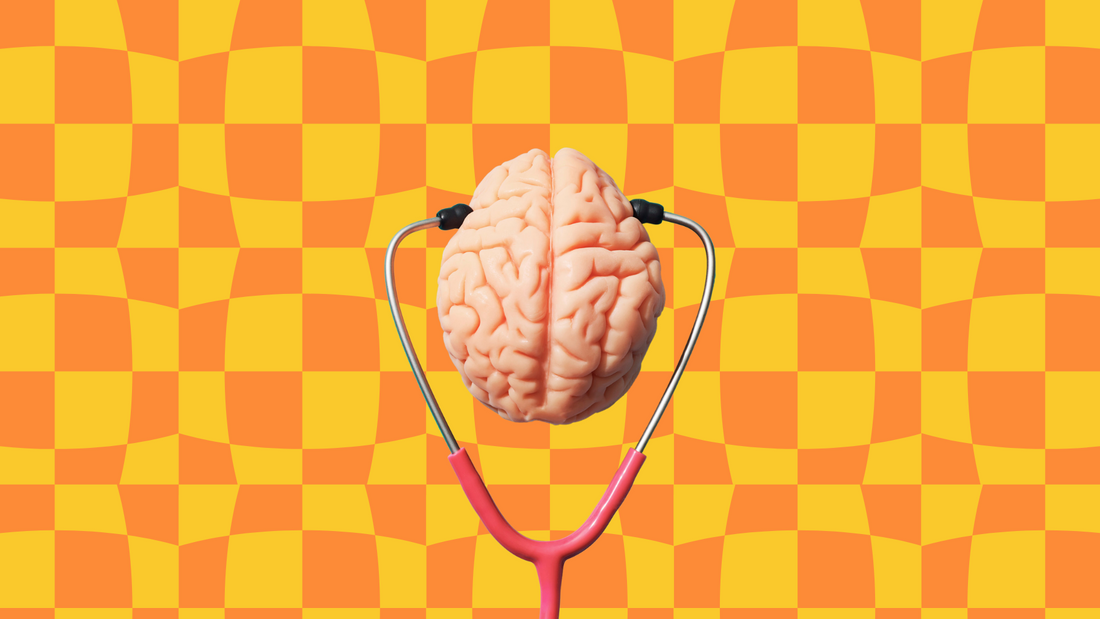By Britt McEvoy
Do you remember when your doctor first taught you how to manage your blood glucose levels using insulin, diet and exercise? Did it go along the lines of ‘just take insulin every time before you eat, then check your blood glucose levels a few hours later’.
Do you remember the relief you felt, to know that diabetes was ‘simple’ and ‘easy’, and it only took a brief finger prick and a tiny injection to magically manage your own pancreas again?
I don’t know about you, but for me, that celebration was short-lived …
Fast forward to now, where you take your insulin and check your blood glucose levels and you see a number that screams ‘you’re a failure’, ‘you’re not good enough’, ‘your doctors will be so disappointed in you’. When did it get so hard to live with Type 1 Diabetes?
Brittany McEvoy, Prov. Psychologist, tells you why living with a chronic condition affects your mental health more than you realise.
It’s actually not our condition that’s hard to live with. It’s your mind that makes it hard to live with diabetes.
Your mind is a product of all your experiences, forming your core beliefs, personal values and identity. For instance, how one person thinks about a 12.4mmol blood glucose level will differ to how another person thinks about it. Some may be angry because it’s too high, but some might be happy because it’s not 21mmol. Some may rage bolus to bring it down, while some may exercise and brush it off.
A recent study from Stanford University found that people with Type 1 Diabetes make up to 180 extra decisions per day due to the demands of diabetes management. Now let’s break that down. A single decision is shaped by our own thoughts and emotions. If you’re in a rut with your diabetes, you’re likely to associate negative thoughts and emotions to making decisions. Or, you may not even make as many decisions because you’re so damn over making them to only keep getting poor outcomes!
Whip out any behaviour psychology textbook and you’ll see that you’re likely to stop doing a certain behaviour if you keep getting an undesired outcome. It works the other way too – you’ll keep doing certain behaviours if you get a desired outcome. Simples!
So when your doctor said to you on your day of diagnosis to ‘just take insulin and check your blood sugar’, you probably went home, took insulin, went high, took insulin, went low, ate too much sugar, went high, exercised, went low, ate food, took insulin, went high …

“Whenever I wake up high, my first thought is to run it down 🏃🏼♀️ so this morning I woke up 15 and I did a lil 2km with a 1u correction 👏🏼 but...... I finished higher than I woke up 🤯🙃 go me !!!!! It was a massive #youtried moment ⭐️ I walked another 5km with my fam then went for an hour long surf 🏄🏼♀️ and after all of that (& 70g breakfast) I’m down in the 7’s now. Today I give myself a gold star for doing my best ⭐️”
Now the frequency of taking insulin and checking blood glucose levels has become what your own contingency of outcomes has been over time. Put simply, if you’ve had a period of time of unstable and stubborn blood glucose levels, you’re probably extremely frustrated and exhausted. Your mental health is likely to deteriorate, and thoughts of helplessness, failure and resentment will start to boil over time. As you keep having to making diabetes decisions to survive, the quality of your judgements will decline, and now you’ve formed a vicious cycle that is so exhausting that the thought of putting effort into ‘doing better’ is simply not an option.
The beauty of your mind, unlike diabetes, is that it’s changeable. It could be as simple as having a few weeks of steady blood glucose levels to shape your negative belief from ‘I’m a failure’ to ‘I am capable’. Or, it could take some time with the right help and interventions to overcome barriers in your diabetes management. All human behaviour is shaped by our own thoughts, beliefs and emotions. If we change our thoughts, we can change our emotions, and thus change our behaviour.
Personally, I’ve fought my own battles with diabetes in the past three years. One of the battles was with numbers - who knew numbers could control your life!
For me, I had to learn how to reframe my core beliefs so I could read a number as just a number, and to stop seeing numbers as a threat that defines me. 25mmol, 2mmol or 5.5mmol – numbers are just indicators of blood glucose levels at a single moment in time. No more, no less. They simply tell you to take more or less insulin! Easy right?
So maybe doctors were right - maybe diabetes is easier to manage than we think …


